They can be used as railings, in ladders, as poles and even as support rods in exercise equipment. They can be used to support floating wooden or plastic docks on rivers and lakes. Read More…
At Grand Steel Products, Inc., we are a leading provider of steel service center solutions, offering a comprehensive range of products and services to meet the diverse needs of our clients. With years of experience and a commitment to excellence, we have established ourselves as a trusted partner in the steel industry, delivering reliable solutions that optimize supply chain efficiency and meet...
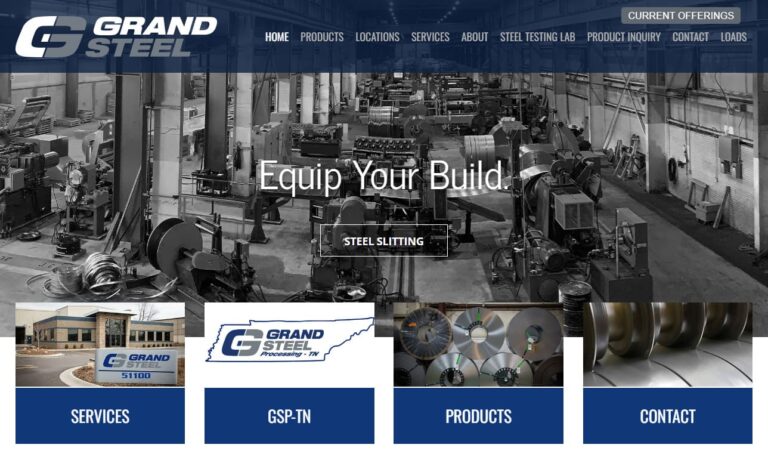
The Steel Supply Company brings you alloy, carbon and stainless steel shafting and tubing. Our steel fabrication services include hard chrome plating, induction hardening, honing, grinding, and non-standard items in order to meet your specifications. Visit our website to see our product line of both bars and tubes. We are ISO 9001:2008 certified.
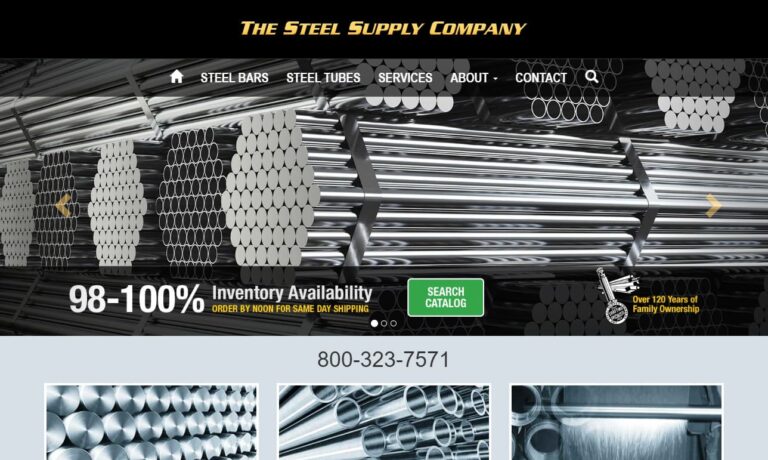
As product specialists, we can meet your stainless steel needs. We stock T304304- and T303-grade stainless steel, as well as other cold-finished carbon bars. Pennsylvania Steel provides cold finished bar, tool steel, aluminum, stainless steel, tube/pipe, hot rolled bar, sheet/plate, expanded metal & grating, copper, brass and bronze. Visit soon!
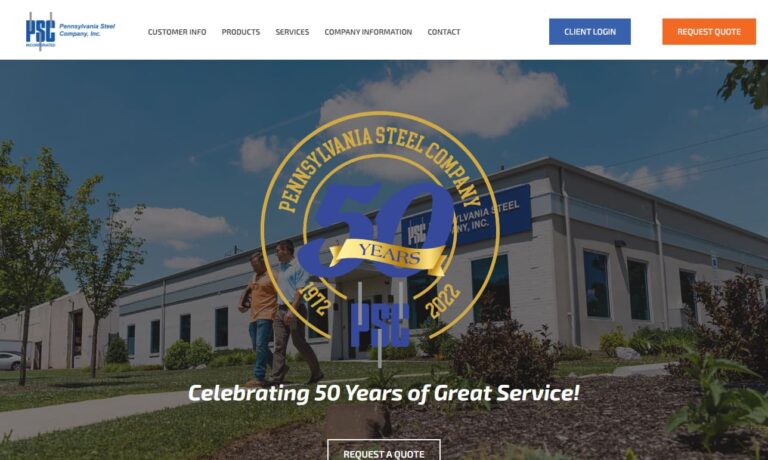
As a world-class source for steel products, King Steel Corporation supplies companies across North America with what they need to get the job done. For over 50 years, we have continued to invest a great amount of both time and capital into purchasing new equipment and streamlining our processes. We’ve worked diligently to develop and maintain a reputation in our industry that represents growth, ...
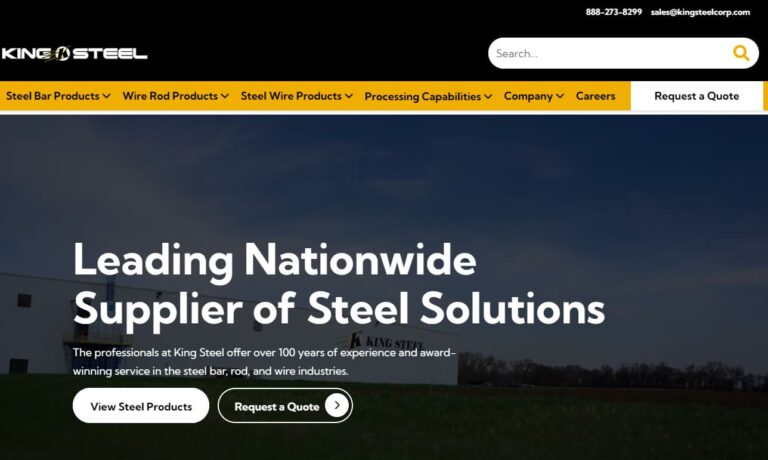
More Steel Tubing Service Centers
Steel tubes can be used in plumbing and electrical wiring applications, they can be shaped into furniture and they can be used to make mechanical parts. Fences, gates, lawn and garden equipment, playground equipment, trailer safety equipment, flu tubes, automobiles, conveyors, flag poles and farm equipment can all involve steel tubes of some kind.
Steel tubing can be made to any specifications; shape, size and thickness are variable depending on the intended application of the tubing. Steel manufacturers can produce round, square, rectangular, oval or hexagonal tubing. An extensive variety of industries make use of tubing; these include the construction, automotive, electronics, shipbuilding, furniture, plumbing, aerospace and many other industries.
In addition to all of the different steel tubing shapes and sizes, steel tubing can be made to varying specifications of thickness, corrosion resistance, heat resistance, strength and other physical properties.
There are multiple types of steel tubing available. These include cold rolled steel tubing, galvanized steel tubing, hot rolled pickled and oiled steel tubing, electro-galvanized tubing, galvannealed steel tubing and several other varieties. Because of the wide variety of uses, each kind of steel tubing has its own unique attributes and ideal applications, and therefore each tube must meet tight specifications for its particular function.
CNC machining, flaring, reductions, welding and brazing are some of the processes that can be used to form steel tubing. Steel tubing can be made in many ways; a wide variety of industrial processes are capable of creating tube shapes. Steel tubing can be made by the extrusion process, which involves melting the steel and forcing it through a specially shaped tool, which is called a die.
Extrusion requires a stock of raw steel that can easily be melted and shaped. In some cases, such heat-intensive processes are not feasible for steel shaping. In such cases, steel tubing can be formed by cold forming processes. A cold forming process is any metal forming process that does not involve heating the metal above its recrystallization temperature. Such processes decrease the risk of oxidation and can be less expensive than hot processes.

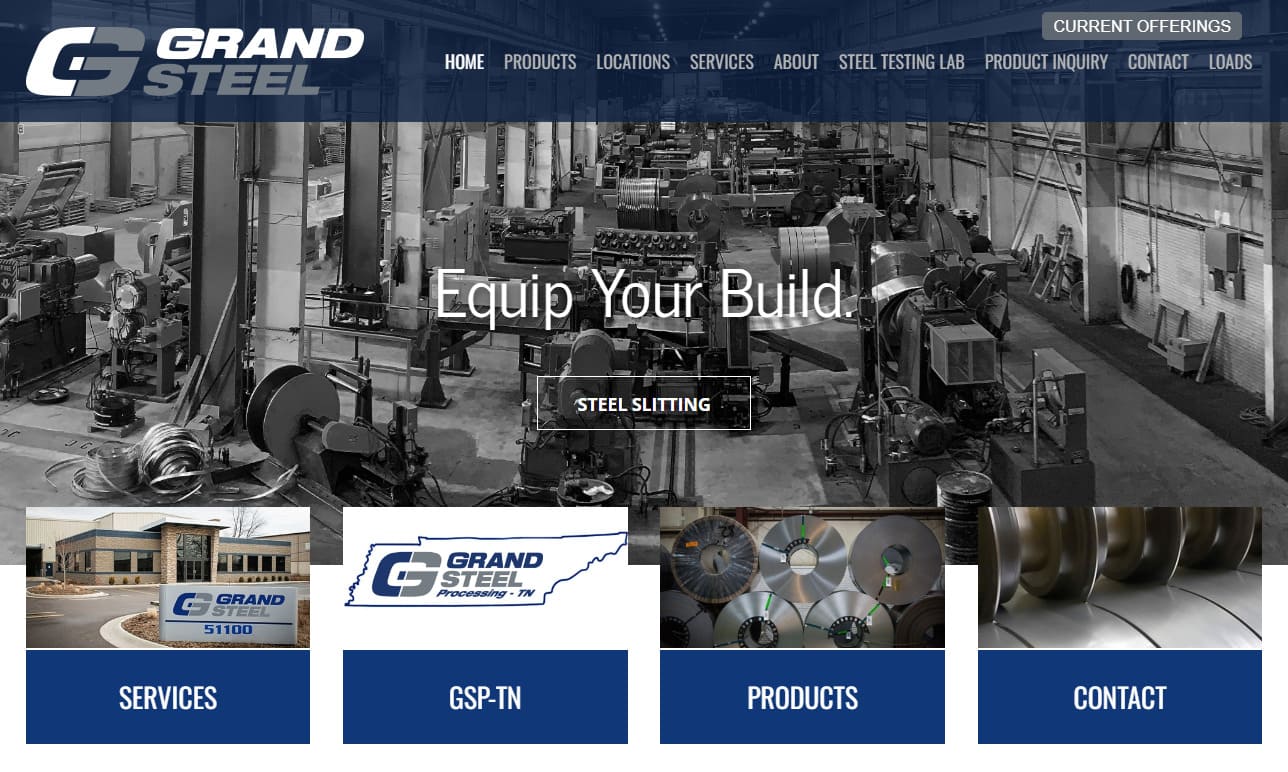
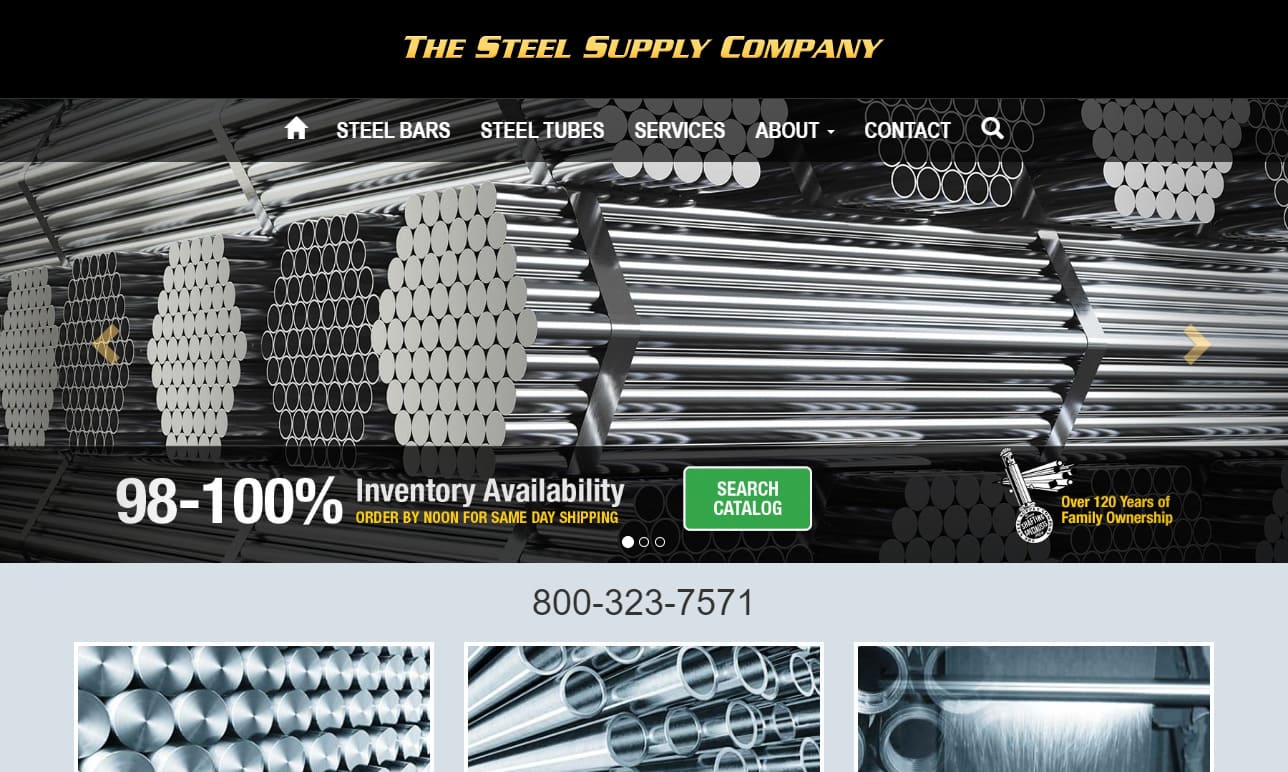
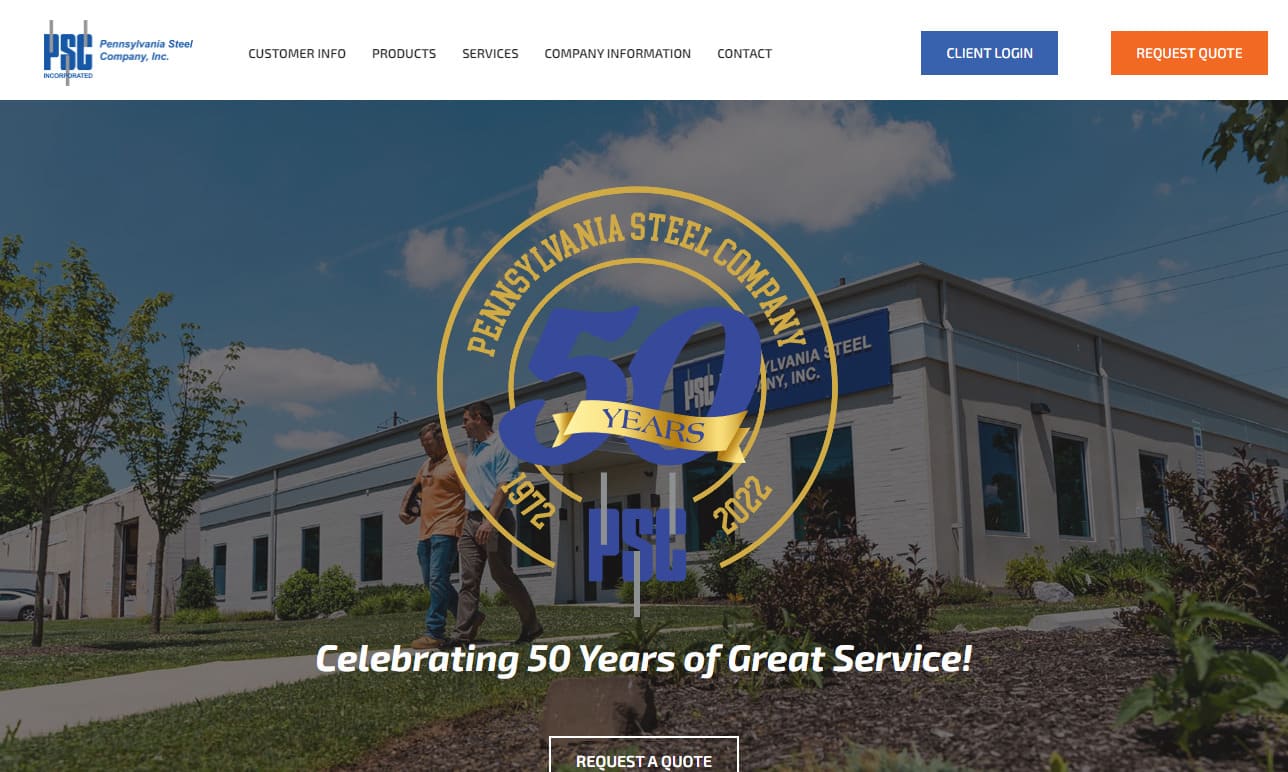
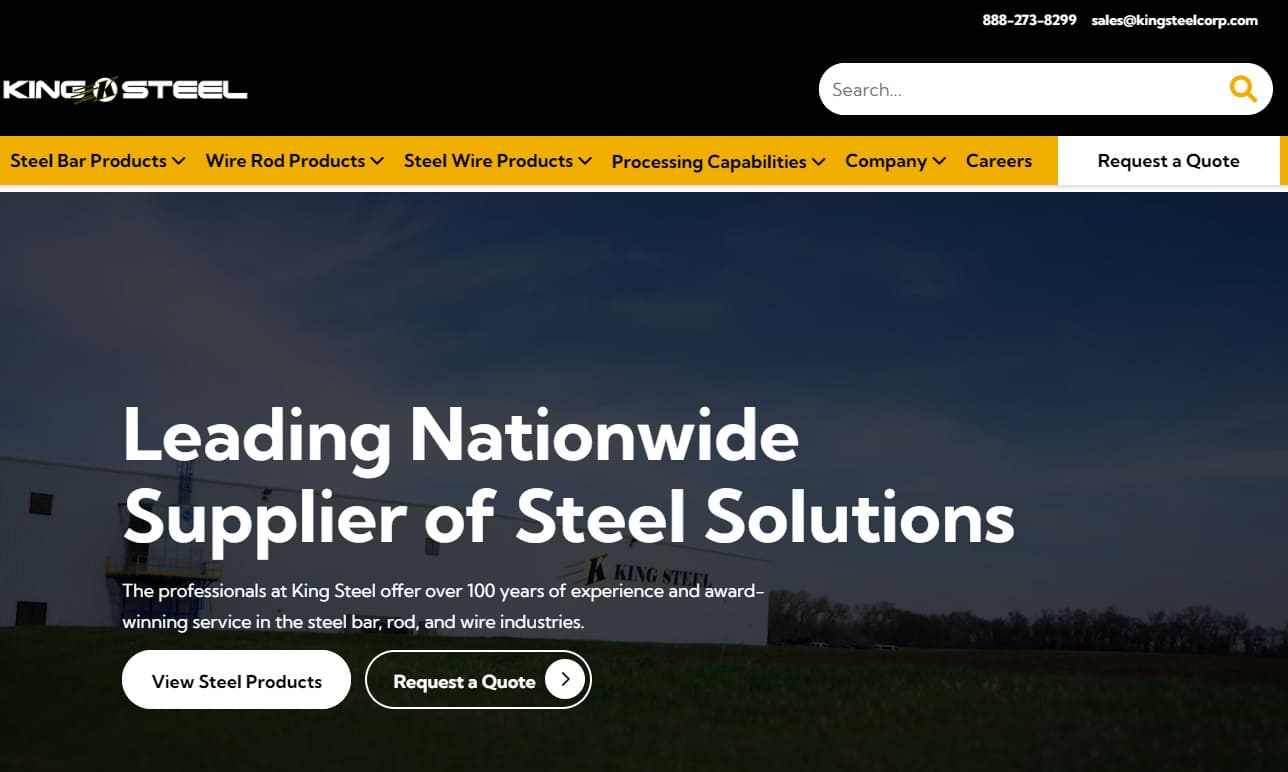

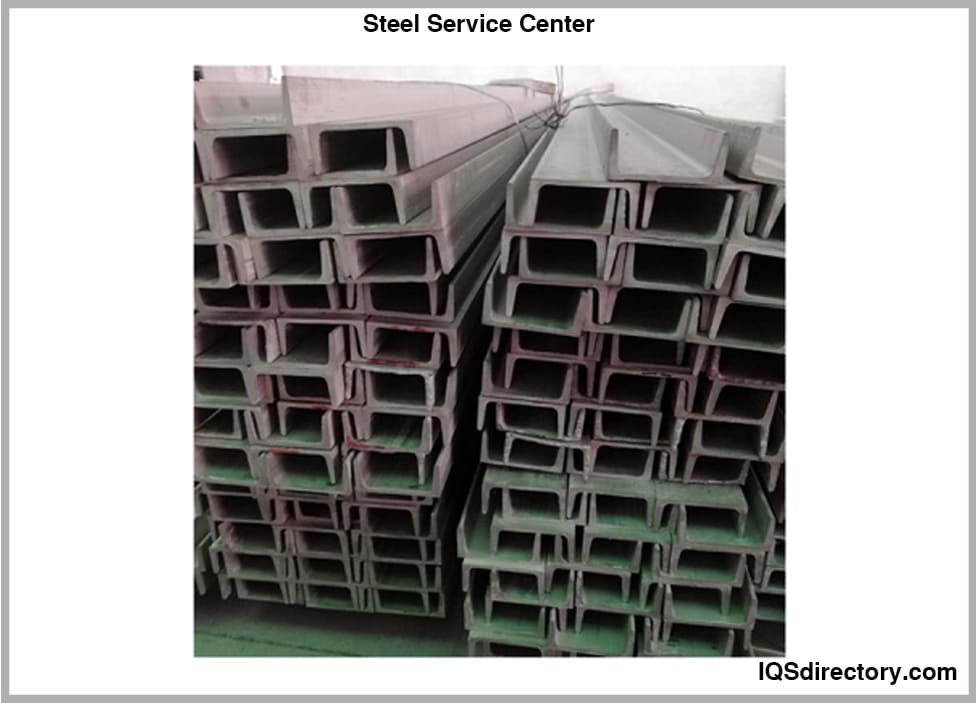


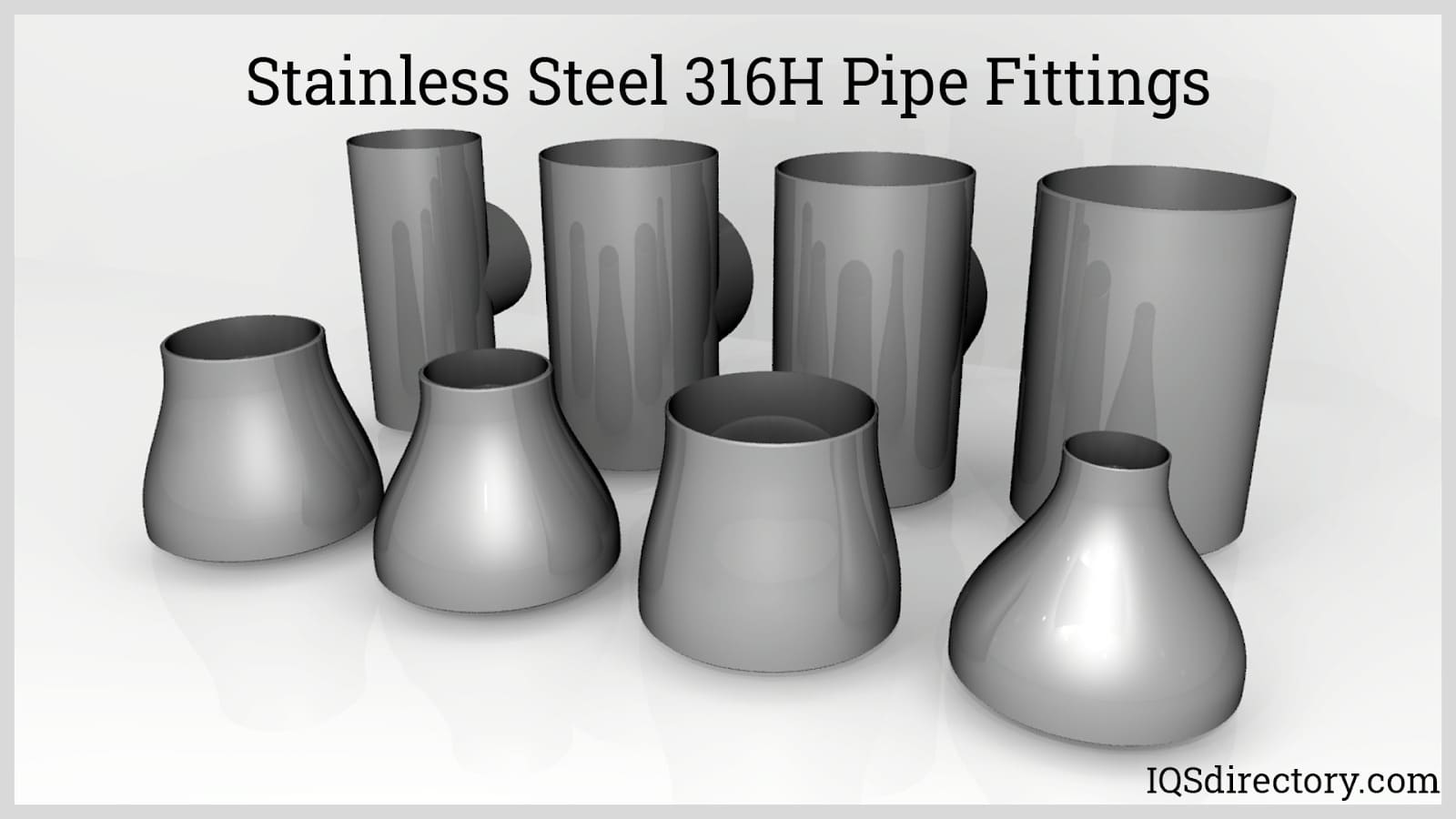

 Alloy Suppliers
Alloy Suppliers Aluminum
Aluminum Aluminum Extrusions
Aluminum Extrusions Copper-Brass-Bronze
Copper-Brass-Bronze Magnets
Magnets Nickel
Nickel Stainless Steel
Stainless Steel Stainless Steel Tubing
Stainless Steel Tubing Steel Service Centers
Steel Service Centers Titanium
Titanium Tungsten
Tungsten Wire Rope
Wire Rope Castings & Forgings
Castings & Forgings Bulk Material Handling
Bulk Material Handling Electrical & Electronic Components
Electrical & Electronic Components Flow Instrumentation
Flow Instrumentation Hardware
Hardware Material Handling Equipment
Material Handling Equipment Metal Cutting Services
Metal Cutting Services Metal Forming Services
Metal Forming Services Metal Suppliers
Metal Suppliers Motion Control Products
Motion Control Products Plant & Facility Equipment
Plant & Facility Equipment Plant & Facility Supplies
Plant & Facility Supplies Plastic Molding Processes
Plastic Molding Processes Pumps & Valves
Pumps & Valves Recycling Equipment
Recycling Equipment Rubber Products & Services
Rubber Products & Services